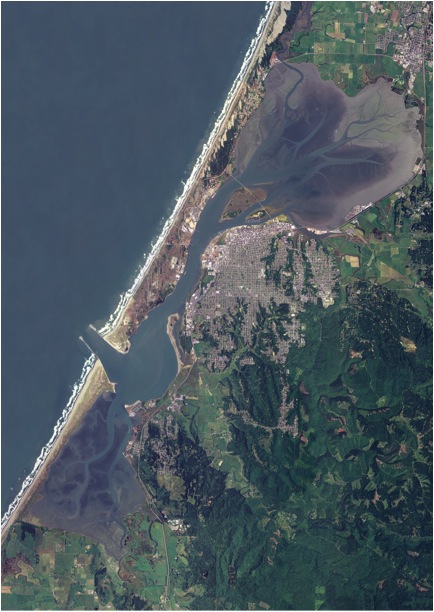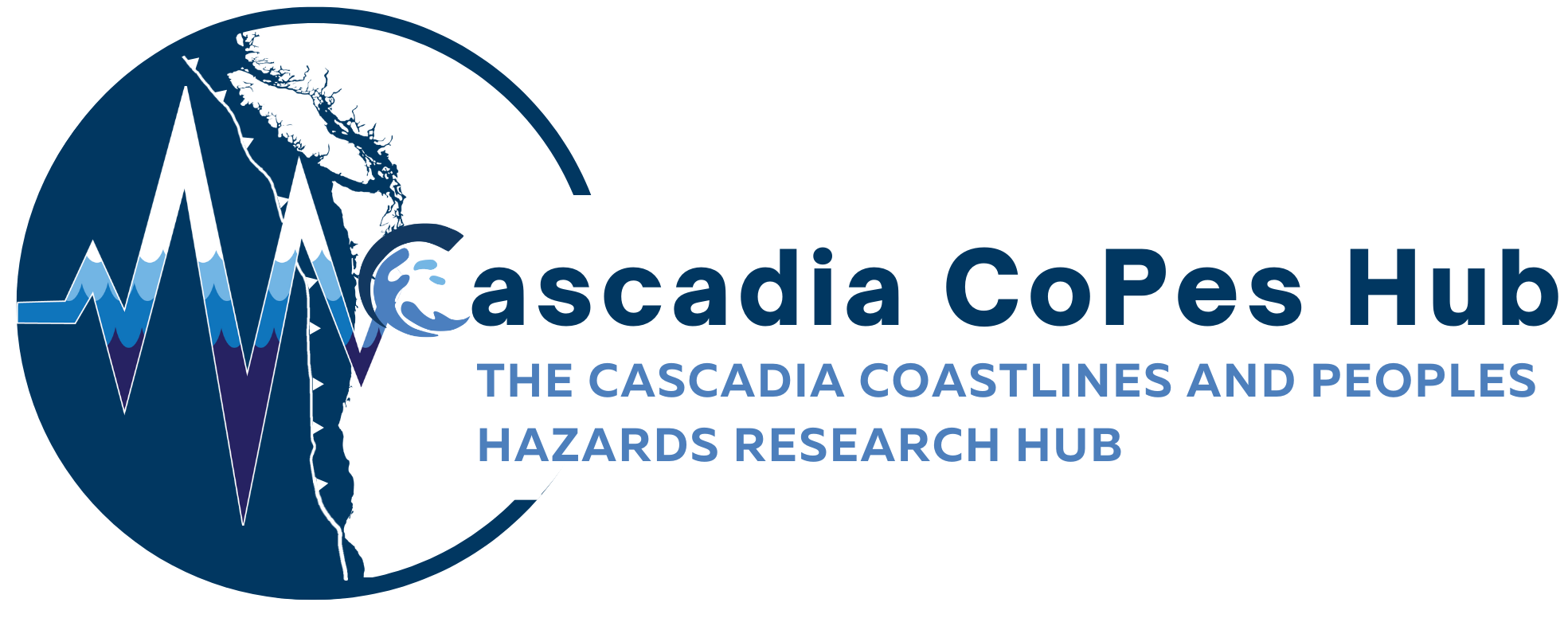
Sea level rise is a devastating outcome of global climate change. Every coastline will be impacted by sea level rise; as many as 171 million people globally are at risk of coastal flooding and that number will increase to 204 million in less than 30 years. Along the West coast, Wigi (or Humboldt Bay) “is a part of the ancestral and present day territory of the Wiyot people [and] is experiencing the fastest rate of relative sea level rise” with a projected rise of 3 feet by 2060. The shoreline is governed by tribal, city, county, state, federal, and regional government bodies, who see a need for a solution that brings the Wigi communities together.
The Cal Poly Humboldt Sea Level Rise Institute (SLRI) is making its mark in the new era of equitable and inclusive academic research by creating a partnership plan to include coastal communities in their outreach and research. In the article posted to the Humboldt Journal of Social Relations, researchers at Cal Poly Humboldt SLRI recognize their immense responsibility “to change the way institutions… and disciplines operate, how they seek and communicate knowledge, how they collaborate, how they make decisions, and how they wield, share, and re-center power.”
Researchers describe their approach as similar to the allegory of “braiding sweetgrass”, a novel by Robin Wall Kimmer. Kimmer explains how individual strands can create a new whole and bring different perspectives together into a braid to create a new way of thinking. The Cal Poly Humboldt SLRI “envision(s) building a space where different strands of thinking—whether they be different ways of knowing or academic disciplines—can be woven or braided together to create a strengthened, holistic, and inclusive approach.” This approach reflects the urgent need for solutions to sea level rise.
Professor and Co-chair of SLRI Laurie Richmond indicates the commitment to future projects: “SLRI faculty, students, and community partners are looking to host discussions among coastal planners and residents related to incorporating equity into SLR planning processes going forward.” Richmond also describes the “rewarding” process that it took to craft this paper: “I think that we all came away from the experience with a better and more holistic understanding of sea-level rise and its various facets. Writing the paper helped us learn about each other, the work that we do individually, and the potential that we have in working together.” Graduate student Nayre Herrera hopes other academic institutions will follow: “I think students at all levels can continue to push for equity and justice to be part of the conversation across all disciplines. Equitable adaptation to SLR and other effects of climate change is an interdisciplinary challenge, and we need diverse minds and ways of thinking to be participating in these conversations.”
This paper has 25 authors from an array of disciplines, backgrounds, and institutional context. Among them are several Cascadia CoPes Hub members: Jennifer Marlow, Laurie Richmond, Nayre Herrera, Alyssa Suarez, Alexandra Toyofuku, and Amelia Vergel de Dios. This project from Cal Poly Humboldt Sea Level Rise Institute was supported by the Cascadia Coastlines and Peoples Hazards Research Hub. Read the full article here.
Written By: Riley Hurt
Posted: May 31, 2023
